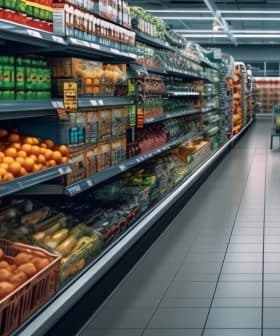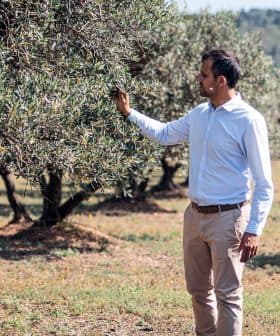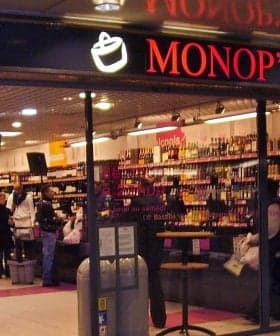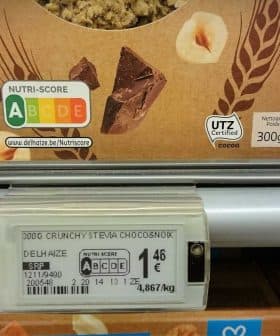France Adopts Nutri-Score Labels
The French Minister of Agriculture and three fellow ministers have signed a decree to allow the new Nutri-Score algorithm for food labeling in France, making it the latest country to adopt the updated front-of-pack labeling system after nearly two years of debate. Despite concerns about the limitations of the FoPL, the ministers emphasized the importance of protecting French specialty foods and culinary heritage while working to prevent any harm caused by the new algorithm, giving producers two years to update their packaging.
French Minister of Agriculture and Food Sovereignty Annie Genevard and three fellow ministers have signed a decree allowing the new Nutri-Score algorithm for food labeling to come into force in France.
This measure made France the latest country to adopt the updated front-of-pack labeling system (FoPL). It took nearly two years of heated debate to secure its approval.
Interestingly, while announcing the decree, Genevard and her colleagues warned that the FoPL “has limitations that it is essential to correct.”
See Also:Carrefour Mandates Nutri-Score Labels for French SuppliersAccording to the ministers, Nutri-Score penalizes many French specialty foods “although they offer recognized nutritional benefits when consumed according to nutritional guidelines… and as part of a balanced, varied diet.”
“Those foods have earned quality labels on their packages. It is imperative that we protect our culinary heritage,” they remarked.
The ministers emphasized that they will actively work to prevent any harm “for products that are the result of the richness of our terroirs.”
Some notable French specialty food producers, such as cheesemakers, have criticized Nutri-Score since its inception. They voiced even stronger objections after the announcement of the new algorithm.
The French ministers’ concerns closely mirror some of the most significant arguments raised against Nutri-Score’s adoption in other European countries, including Italy.

Nutri-Score is a traffic-light-style FoPL that uses five coordinated colors and letters to rate how healthy a packaged food is based on its fat, sugar, salt, and calorie content per 100 grams or milliliters. A “Green A” indicates the healthiest option, while a “Red E” denotes the least nutritious.
The update introduces substantial changes, including an improved rating for olive oils. These changes have upgraded all grades of olive oil from “Yellow C” to “Light Green B.”
The updated algorithm makes no distinction between refined olive oil and extra virgin olive oil. This occurs because Nutri-Score does not explicitly consider phenols and other relevant content.
Although these compounds significantly contribute to extra virgin olive oil’s reputation as a healthy superfood, its high-fat content prevented it from achieving the top Nutri-Score rating.
Other foods, such as whole milk, have been downgraded under the new algorithm due to their fat content.
The update has also resulted in lower ratings for several popular products, including those containing alternative sweeteners.
The significant revision of the algorithm prompted the Danone food corporation, an early Nutri-Score adopter, to harshly criticize the system and withdraw its use from a wide range of its products.
While signing the decree, the French ministers emphasized that combating the country’s obesity epidemic remains the primary goal of the new measure.
“One in two French people are overweight or obese today, with very strong social and territorial inequalities,” they noted.
The ministers praised the changes made by food producers to their products to better align with Nutri-Score ratings, “particularly by reducing salt, sugar and fat content.”
Six countries in Europe currently use Nutri-Score: Germany, Spain, Belgium, Luxembourg, the Netherlands and Switzerland.
Portugal briefly joined the list last April. However, two months later, the Ministry of Agriculture and Fisheries announced that its deployment was de facto illegal and canceled the entire adoption process.
At the time, the Portuguese ministry stressed that any voluntary labeling system in Portugal must rely on models “respectful of Portuguese food products.”
In their announcement, the French ministries specified that “economic actors involved in the process, if they wish, have two years to update their packaging and affix the new Nutri-Score.”









